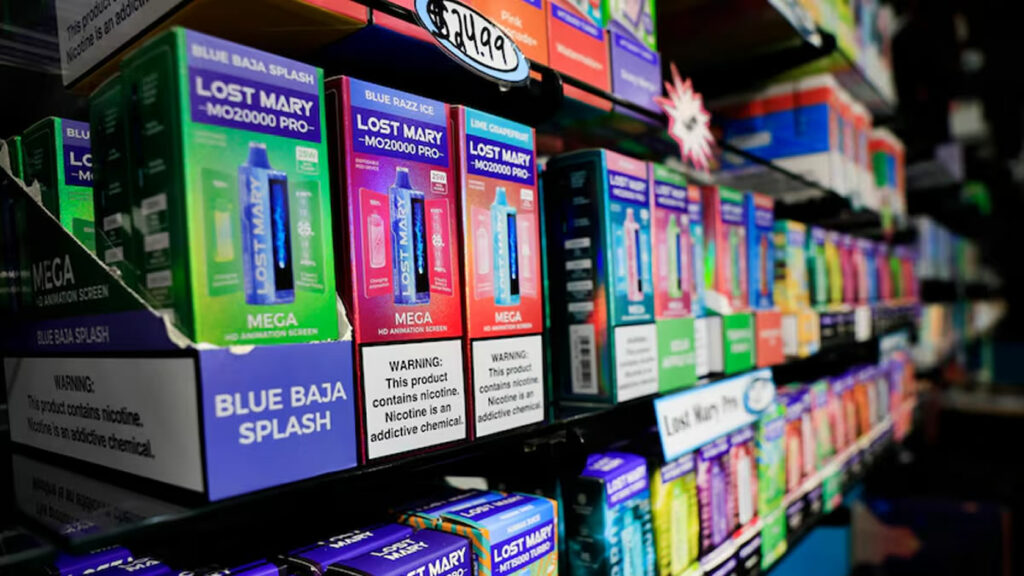A new Texas law is set to take effect on September 1st, banning the manufacture and sale of all disposable vaporizers containing any amount of tetrahydrocannabinol (THC), the primary psychoactive compound in cannabis. This significant change, enacted through Senate Bill 2024, will remove a popular category of products from the shelves of thousands of smoke shops and gas stations across the state. The ban comes amidst a larger, more contentious legislative battle over the future of Texas’s entire $8 billion retail consumable-hemp industry.
Here are five key things to know about the new law and the ongoing situation:
1. What is Now Illegal to Sell?
Senate Bill 2024, authored by Rep. Charles Perry (R-Lubbock), specifically outlaws the manufacture and sale of disposable vaporizers (vapes) that contain **any amount of THC**. This includes popular hemp-derived products containing compounds like delta-8 THC. Additionally, the law bans the sale of any disposable vapes, including nicotine-only versions, that have parts manufactured in countries considered adversarial to the U.S., such as China, where the vast majority of these devices are made.
2. Who Gets Punished Under the Ban?
The penalties under this new law target **retailers and manufacturers**. Businesses caught keeping the banned vapes on their shelves will face heavy fines. Crucially, the law **does not criminalize the personal possession** of these items, provided they are low-dose (under 0.3% delta-9 THC) and hemp-derived, which are legal under existing state and federal agriculture laws. Marijuana-based products of all kinds remain illegal in Texas.
3. Which Hemp-Derived Consumables Remain Legal?
While THC vapes are now banned from sale, Texans will still be able to purchase other low-dose, hemp-derived THC consumables. This includes **gummies, drinks, snacks, and smokable flower**. There is currently no statewide age limit for purchasing these items, although many responsible vendors have implemented their own 21-and-up policies. Non-psychoactive hemp products containing cannabidiol (CBD) and similar compounds also remain legal.
4. Why is the Broader THC Debate Still Happening?
The vape ban is just one piece of a larger legislative puzzle. Governor Greg Abbott, while signing the vape ban, vetoed a separate, more sweeping bill that would have banned *all* intoxicating hemp-derived consumables. He has since ordered lawmakers into a special session to **regulate, not destroy**, the industry. This would involve creating rules for testing, marketing, packaging, age limits (21+), and where products can be sold.
5. What’s Next for Texas Hemp Regulation?
The future is uncertain due to a political standoff. The Texas House has shown a willingness to regulate the industry, with bills filed to set an age limit of 21. However, Lieutenant Governor Dan Patrick, who presides over the Senate, remains insistent on a complete ban of all intoxicating hemp products. If the House and Senate cannot agree on a regulatory framework that Governor Abbott will sign, only the THC vape ban will be in place, and the fight over gummies, drinks, and flower will likely continue into the next regular legislative session in 2027.
- Iowa Governor Proposes Cigarette Tax Hike & 15% Vape Levy - February 6, 2026
- Mexico’s Vape Ban Backfires: Cartel Control the Black Market - February 3, 2026
- Vietnam School Vape Ban: Principals Face 10M VND Fine - January 30, 2026


